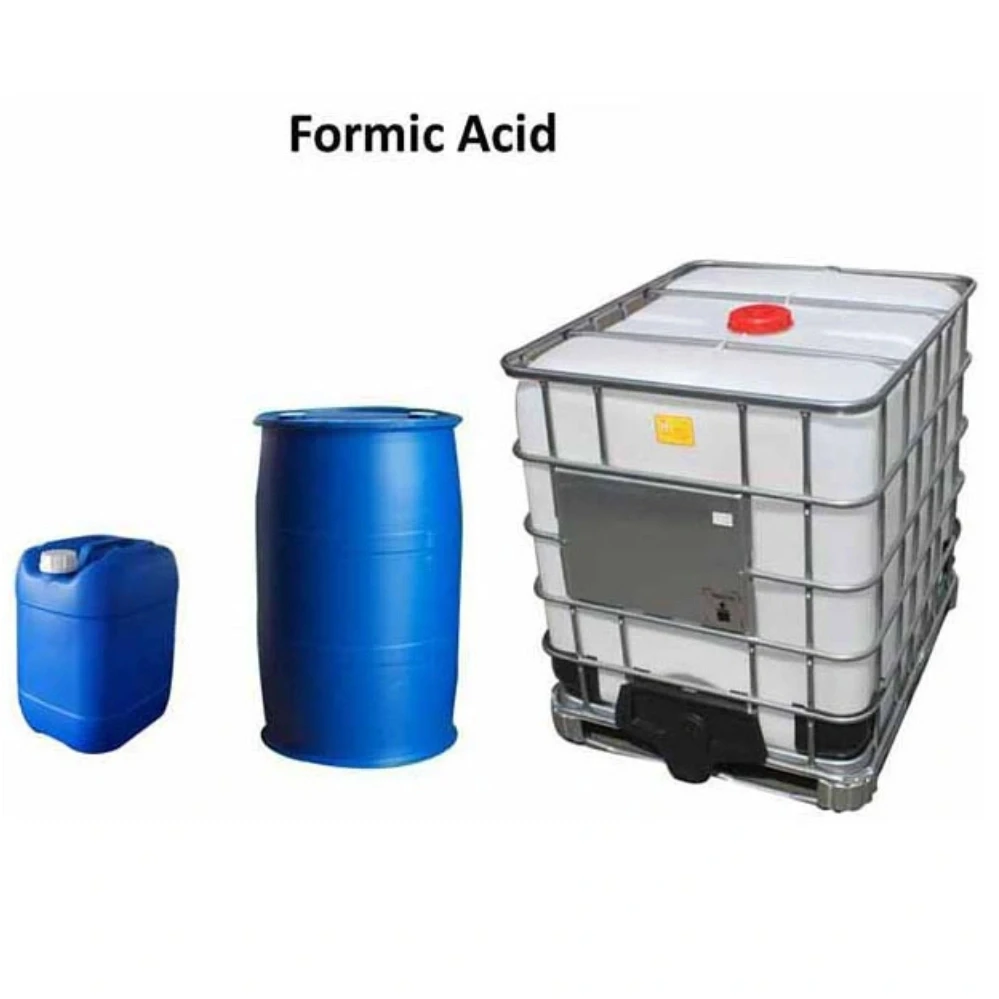



drinking water purifying chemicals
The Importance of Drinking Water Purifying Chemicals
Access to clean, safe drinking water is a fundamental human need and a cornerstone of public health. In an era where water pollution poses a significant threat to populations globally, the role of drinking water purifying chemicals has become increasingly vital. These chemicals not only enhance the safety of our drinking water but also contribute to the overall quality of the water we consume. This article explores the various types of drinking water purifying chemicals, their functions, and their importance in ensuring safe drinking water for all.
Types of Drinking Water Purifying Chemicals
1. Chlorine and Chloramine Chlorine is one of the most widely used disinfectants in water treatment. It effectively kills harmful bacteria, viruses, and other pathogens. However, chlorine can react with organic matter in water to form harmful byproducts called trihalomethanes. To mitigate this risk, some water treatment facilities use chloramine, which is a combination of chlorine and ammonia. Chloramine is less reactive and provides longer-lasting disinfection in the distribution system.
2. Alum and Other Coagulants Coagulation is a critical step in the water purification process. Chemicals like aluminum sulfate (alum), ferric chloride, and polymeric coagulants help to clump together small particles, including dirt and microorganisms, making it easier to remove them through sedimentation and filtration. This step is essential for clearing turbidity from water, which can harbor harmful pathogens.
3. Activated Carbon Activated carbon is a highly porous material that acts as an adsorbent. It removes organic compounds, chlorine, and other contaminants that can affect the taste and odor of drinking water. It is often used in household water filters, as well as in municipal water treatment plants, to improve water quality.
4. Ozone Ozone is a powerful oxidizing agent and a strong disinfectant. It effectively destroys bacteria, viruses, and various organic contaminants. Unlike chlorine, ozone decomposes quickly, which means it leaves no chemical residuals in the water. However, its application requires specialized equipment, making it more common in larger treatment facilities.
drinking water purifying chemicals

5. Hydrogen Peroxide This chemical serves as both a disinfectant and an oxidizing agent. It can break down organic material and kill microorganisms, making drinking water safer. Hydrogen peroxide is sometimes used in combination with other treatment processes for enhanced effectiveness.
6. UV Light While not a chemical, ultraviolet (UV) light is a disinfection method that has gained popularity in recent years. UV light effectively inactivates bacteria, viruses, and protozoa without the use of harmful chemicals. This method eliminates the risk of forming disinfection byproducts and is increasingly being used in conjunction with chemical treatments for comprehensive water purification.
The Importance of Drinking Water Purifying Chemicals
The role of drinking water purifying chemicals cannot be overstated. They are fundamental in preventing waterborne diseases, which can lead to severe health consequences, including diarrhea, cholera, and dysentery. According to the World Health Organization (WHO), approximately 2 billion people lack access to safely managed drinking water services, highlighting a pressing global health challenge.
Moreover, as industrial activities, agricultural runoff, and urbanization continue to threaten water quality, the need for effective purifying chemicals becomes critical. These chemicals ensure that water meets safety standards and has the desired taste, odor, and clarity expected by consumers.
Advancements in technology and research continue to enrich the field of water purification. Innovations in chemical formulations, combined with traditional methods, are enhancing the efficacy of water treatment processes. Furthermore, ongoing education about the importance of these chemicals can lead to more responsible water usage, regulatory compliance, and public awareness about water safety.
In conclusion, drinking water purifying chemicals play an indispensable role in securing access to safe drinking water. They protect public health, improve water quality, and adapt to the challenges posed by pollution. As we look to the future, it is essential to continue investing in research, technology, and public awareness campaigns to ensure that every individual has access to clean and safe drinking water.
-
Why Sodium Persulfate Is Everywhere NowNewsJul.07,2025
-
Why Polyacrylamide Is in High DemandNewsJul.07,2025
-
Understanding Paint Chemicals and Their ApplicationsNewsJul.07,2025
-
Smart Use Of Mining ChemicalsNewsJul.07,2025
-
Practical Uses of Potassium MonopersulfateNewsJul.07,2025
-
Agrochemicals In Real FarmingNewsJul.07,2025
-
Sodium Chlorite Hot UsesNewsJul.01,2025










